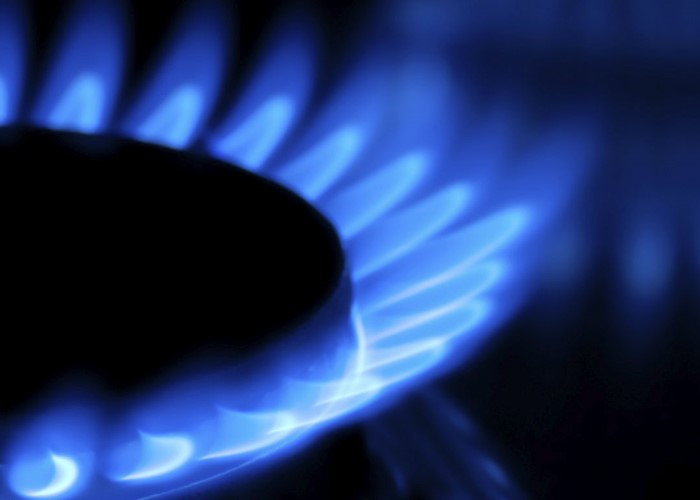Ofgem orders energy firms to reveal cheaper tariffs sold under other brands

Regulator will close ‘white label’ brand loophole from July.
From July energy suppliers will have to alert customers if their cheapest deal is available under any of their associated ‘white label’ brands, according to new rules set out by Ofgem.
A white label provider is an organisation that does not hold a supply licence and instead partners with a licensed supplier to offer gas and electricity using its own brand.
Sainsbury’s Energy, for example, is powered by British Gas, while M&S Energy and Ebico are powered by SSE.
Current Ofgem rules state that suppliers have to tell their customers about their cheapest deal, but until now this has not applied to tariffs from white label brands.
Compare gas and electricity tariffs
Closing the loophole
The loophole will be closed from July.
Ofgem said any supplier selling energy via this sort of relationship “will have to be more transparent and tell customers what their cheapest tariff is, regardless of the brand they use”.
Based on current tariffs the change would mean British Gas would have to tell its customers that they could save by switching to Sainsbury’s Energy.
Currently the cheapest dual fuel deal form Sainsbury’s Energy, Fixed Price February 2016, would cost a household with average consumption £922 a year. In contrast, British Gas’s cheapest tariff, Price Promise February 2016, would set the same household back £1,099 a year. That’s a difference of £177.
The new rules will apply to suppliers and any of their white label brands that offer a cheaper deal
However, white label brands will only have to include the partner supplier’s tariffs, if cheaper, but not the tariffs of other partners of the supplier.
Compare gas and electricity tariffs
White label suppliers ‘good for competition’
Under Ofgem’s final proposals there will be no limits to the number of white label partnerships suppliers can have.
The regulator believes this will make it easier for new business models to enter the energy market.
Rachel Fletcher, a senior partner at Ofgem, said selling energy via white label partnerships had the potential to boost choice and engage people attracted to well-known brands.
But she said it was important that customers are given the complete picture about all their supplier’s tariffs, whatever brand it is marketed under.
Compare gas and electricity tariffs
More on energy:
The UK's worst energy companies
Cheapest gas and electricity tariffs
Competition watchdog: 'inactive' energy customers spending hundreds more
Spark Energy to pay £250,000 to Citizens Advice following Ofgem investigation
Comments
Be the first to comment
Do you want to comment on this article? You need to be signed in for this feature